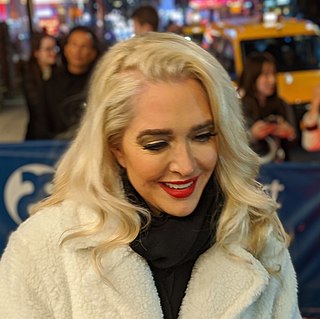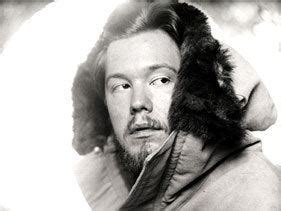A Quote by Kina Grannis
The potential success that could come with signing with a major label didn't quite outweigh how important it was for me to make my music the way I knew it needed to be made.
Related Quotes
The people at the label were great but at the end of the day our visions didn't match up and I knew I had to do it my way. The potential success that could come with signing with a major label didn't quite outweigh how important it was for me to make my music the way I knew it needed to be made. It was a hard decision to make, but I've never regretted it for a second and it's only become more clear to me after making and releasing Stairwells that it was the right one.
I've been on a major label for 14 years. I've always wanted as many people as possible to hear my music, and it definitely made sense for the majority of my career to be on a major label, on a distribution level, to be in people's faces and be out there, and have access to major labels' incredible machine, even though they have not understood or haven't been invested in what I was doing.
I have always maintained that paradigm shift away from signing Rock and Metal acts is part of the decline in sales the major labels have talked about for years. I mean, to me, that should be so obvious. For decades, literally, as long as Rock N' Roll has existed, a large swath of major label income came from Rock, and later, Metal bands. So if you essentially stop signing the thing that brought in a significant portion of your income, how are you confused when you don't sell as much? It's like cutting off your nose to spite your face. I still don't get it.
I love the way I make hip-hop and I refuse to make pop-rap. I don't refuse to make mainstream music, which is why I did a soul record. There was no reason why soul music couldn't get played on the radio and I still wanted to have a relationship with my record label. So, I really enjoyed doing the Strickland Banks album. But there's no point in my trying to release underground hip-hop music on a major label. That part of my talent, or part of my art, had to live somewhere else and feature film was the perfect vehicle for it.
I had always wanted to make music on a big scale but never knew how it was going happen - until I saw a band in Oslo called Bridges. I was stunned. They had everything. The only thing they didn't have was me. I knew I needed to join, not for my own sake but for the band's. I knew I was a necessary ingredient.
She was perfect. I knew this the moment she emerged from my body, white and wet and wailing. Beyond the requisite ten fingers and ten toes, the beating heart, the lungs inhaling and exhaling oxygen, my daughter knew how to scream. She knew how to make herself heard. She knew how to reach out and latch on. She knew what she needed to do to survive. I didn’t know how it was possible that such perfection could have developed within a body as flawed as my own, but when I looked into her face, I saw that it clearly was.



































